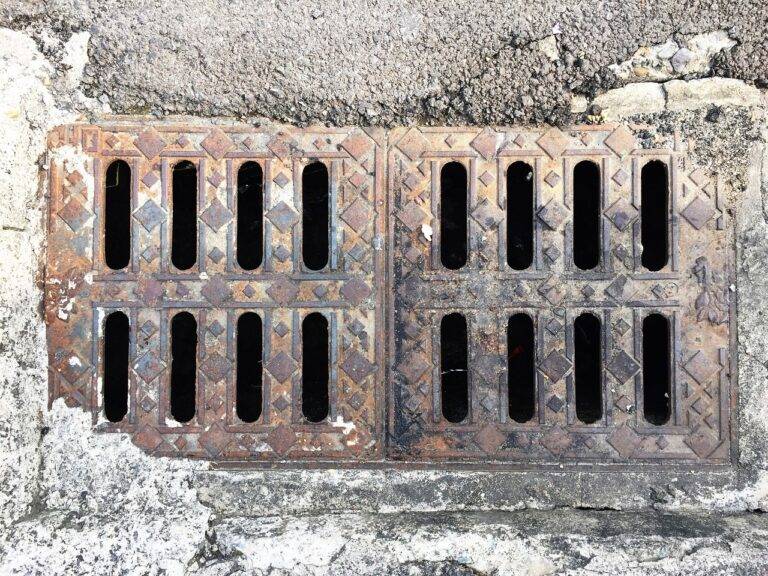The Role of Election Poll Workers in Ensuring a Fair Vote
Election poll workers play a crucial role in ensuring the integrity and smooth functioning of the voting process. Their presence is essential for assisting voters, verifying their identities, and maintaining order at polling stations. Without dedicated poll workers, the democratic process would be at risk of disruptions and inaccuracies.
These individuals are responsible for upholding the principles of democracy by safeguarding the voting process and helping citizens exercise their right to vote. Their commitment to facilitating fair and transparent elections is fundamental in upholding the democratic values of society. The presence of election poll workers provides reassurance to voters and contributes to the overall legitimacy of the electoral process.
Understanding the Responsibilities of Poll Workers
Poll workers play a crucial role in ensuring the smooth operation of elections. From setting up voting equipment to assisting voters with the voting process, their responsibilities are varied and essential. These dedicated individuals must be well-trained and prepared to handle any challenges that may arise on election day.
One of the primary responsibilities of poll workers is to verify the identity of voters and ensure that they are eligible to cast their ballots. This requires careful attention to detail and adherence to strict protocols to maintain the integrity of the voting process. Additionally, poll workers are responsible for maintaining a safe and secure voting environment, where all eligible voters can exercise their democratic rights without interference or intimidation.
What are the basic responsibilities of poll workers?
Poll workers are responsible for setting up and closing down polling stations, checking in voters, distributing ballots, assisting voters as needed, and ensuring that the voting process runs smoothly.
How are poll workers selected?
Poll workers are typically selected and trained by the local election authorities. They are often volunteers who are interested in supporting the democratic process.
What qualifications do poll workers need?
Poll workers typically need to be registered voters in the jurisdiction where they will be working. They also need to be able to work long hours on election day and have good attention to detail.
What training do poll workers receive?
Poll workers receive training on how to set up and operate voting equipment, check in voters, handle potential issues that may arise during the voting process, and ensure the security and integrity of the election.
How are poll workers compensated for their time?
Poll workers are often compensated for their time, either through a small stipend or by earning a modest hourly wage. Compensation varies depending on the jurisdiction.





